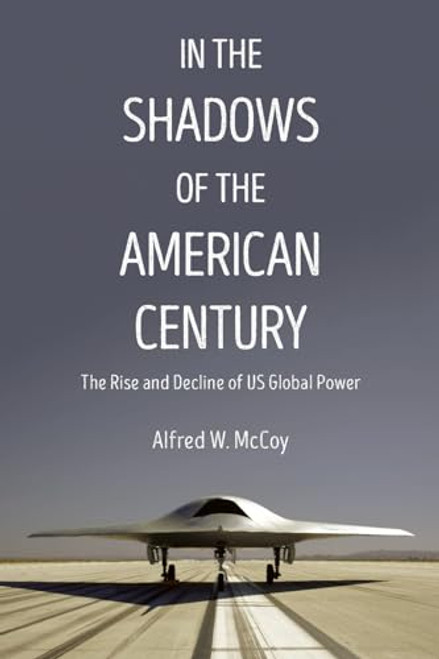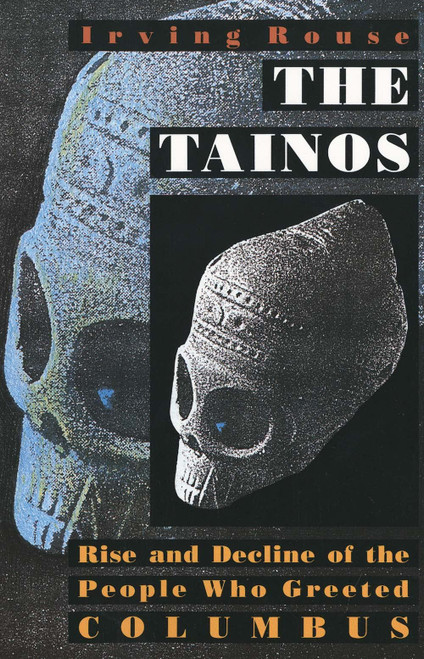A manifesto by America's most controversial and celebrated town planners, proposing an alternative model for community design.
There is a growing movement in North America to put an end to suburban sprawl and to replace the automobile-based settlement patterns of the past fifty years with a return to more traditional planning principles. This movement stems not only from the realization that sprawl is ecologically and economically unsustainable but also from a growing awareness of sprawl's many victims: children, utterly dependent on parental transportation if they wish to escape the cul-de-sac; the elderly, warehoused in institutions once they lose their driver's licenses; the middle class, stuck in traffic for two or more hours each day.
Founders of the Congress for the New Urbanism, Andres Duany and Elizabeth Plater-Zyberk are at the forefront of this movement, and in Suburban Nation they assess sprawl's costs to society, be they ecological, economic, aesthetic, or social. It is a lively, thorough, critical lament, and an entertaining lesson on the distinctions between postwar suburbia-characterized by housing clusters, strip shopping centers, office parks, and parking lots-and the traditional neighborhoods that were built as a matter of course until mid-century. It is an indictment of the entire development community, including governments, for the fact that America no longer builds towns. Most important, though, it is that rare book that also offers solutions.
There is a growing movement in North America to put an end to suburban sprawl and to replace the automobile-based settlement patterns of the past fifty years with a return to more traditional planning principles. This movement stems not only from the realization that sprawl is ecologically and economically unsustainable but also from a growing awareness of sprawl's many victims: children, utterly dependent on parental transportation if they wish to escape the cul-de-sac; the elderly, warehoused in institutions once they lose their driver's licenses; the middle class, stuck in traffic for two or more hours each day.
Founders of the Congress for the New Urbanism, Andres Duany and Elizabeth Plater-Zyberk are at the forefront of this movement, and in Suburban Nation they assess sprawl's costs to society, be they ecological, economic, aesthetic, or social. It is a lively, thorough, critical lament, and an entertaining lesson on the distinctions between postwar suburbia-characterized by housing clusters, strip shopping centers, office parks, and parking lots-and the traditional neighborhoods that were built as a matter of course until mid-century. It is an indictment of the entire development community, including governments, for the fact that America no longer builds towns. Most important, though, it is that rare book that also offers solutions.










